Has inflation peaked? The Consumer Prices Index fell to 10.7 per cent last month, down from 11.1 per cent in October. This follows predictions that October would be the month in which inflation peaked – so this morning’s figures from the Office for National Statistics will raise hopes that the worst may be behind us. This doesn’t appear to be a blip. The market expects this to continue for the next two years before bottoming out in 2025. There will be optimism, too, that we can look forward to a sharp fall in the CPI over the next few months as the surge in energy prices begins to drop out of the figures.
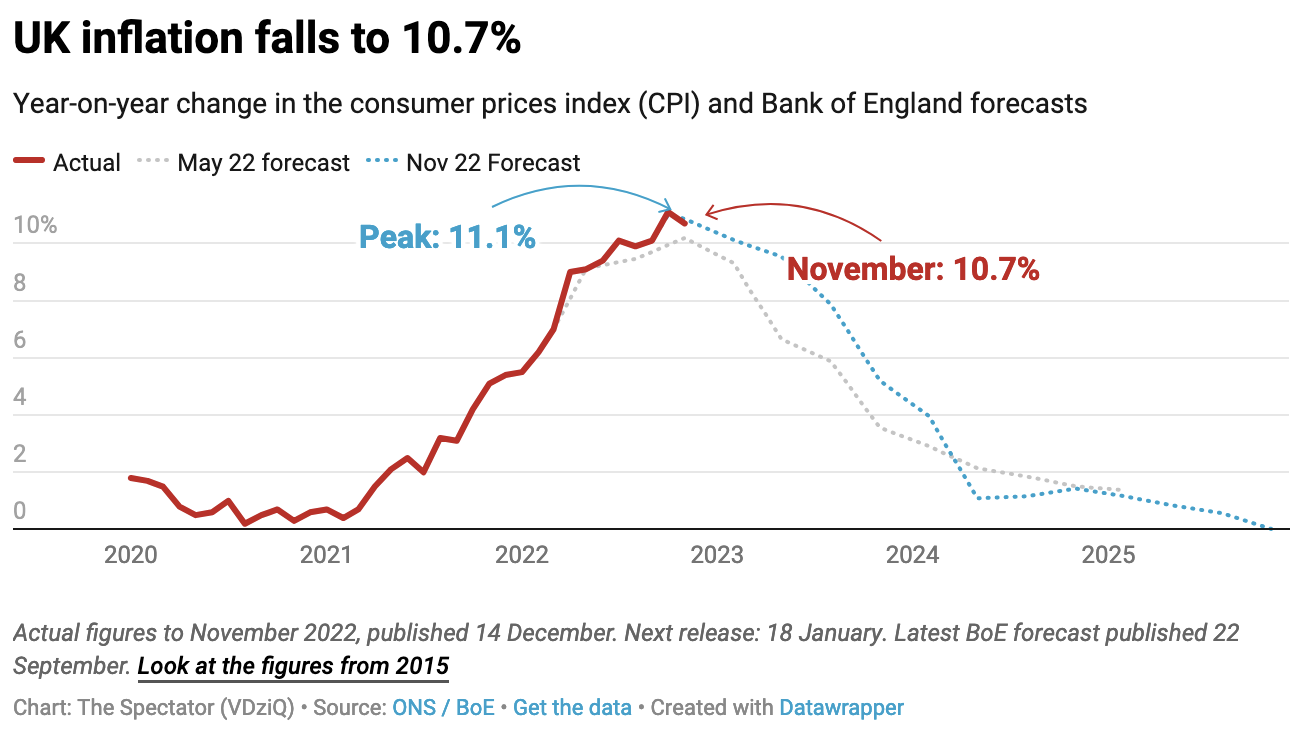
Global oil prices have fallen sharply, as have wholesale gas prices. It is also good news, from an inflation point of view, that the pound has started a sturdy recovery against the dollar – it is stronger against the currency than at any point since the middle of June. The dreaded moment when the pound reaches parity with the dollar has been put off yet again. A rising pound prevents us importing inflation; indeed, it means that buying goods from abroad should be cheaper. However, the pound has not recovered so strongly against the euro – it is higher than its nadir in September, but still below summer levels. Given that we still import a lot of food from the EU we are unlikely to see large reductions in the price of basic commodities in the near future.
The average worker is estimated to be experiencing a 2.7 per cent real-terms pay cut
The danger now is secondary inflation – where businesses up their prices in a delayed reaction to rising input prices, workers demand higher wages and we end up in a wage-price spiral. The biggest hazard we face is that government and other employers give in to stiff wage demands. At present, wages are rising well below prices. And inflation is expected to average 6 per cent next year, with no sign wage increases will speed up. So, for the next 18 months at least, we can expect wages to rise more slowly than the cost of goods and services. As a result, the average worker is estimated to be experiencing a 2.7 per cent real-terms pay cut.
The challenge for the government now is to convince workers that life will get better next year, and that above-inflation wage rises would not make them wealthier in the long run because it would merely generate even more inflation. That won’t be easy, however, especially when most people are seeing their living standards fall and suspecting – wrongly in many cases – that there are senior managers, shareholders and so on who are profiting at the expense of workers. Those who think this need to see what has happened to share prices this year. The people who have done best, apart from hedge-fund managers who have hit on a lucky – and risky – strategy to profit in falling markets are pensioners and benefit claimants, who have at least seen their incomes uprated in line with CPI. Even so, they probably don’t feel very well off – and many may have expenses which risen especially fast over the past 12 months, pushing their personal rate of inflation higher than the CPI.
A cold December, too, will be make people feel poorer. Gas and electricity bills for this month will be rising more than the energy element of the CPI might suggest because people will be forced to use more energy.
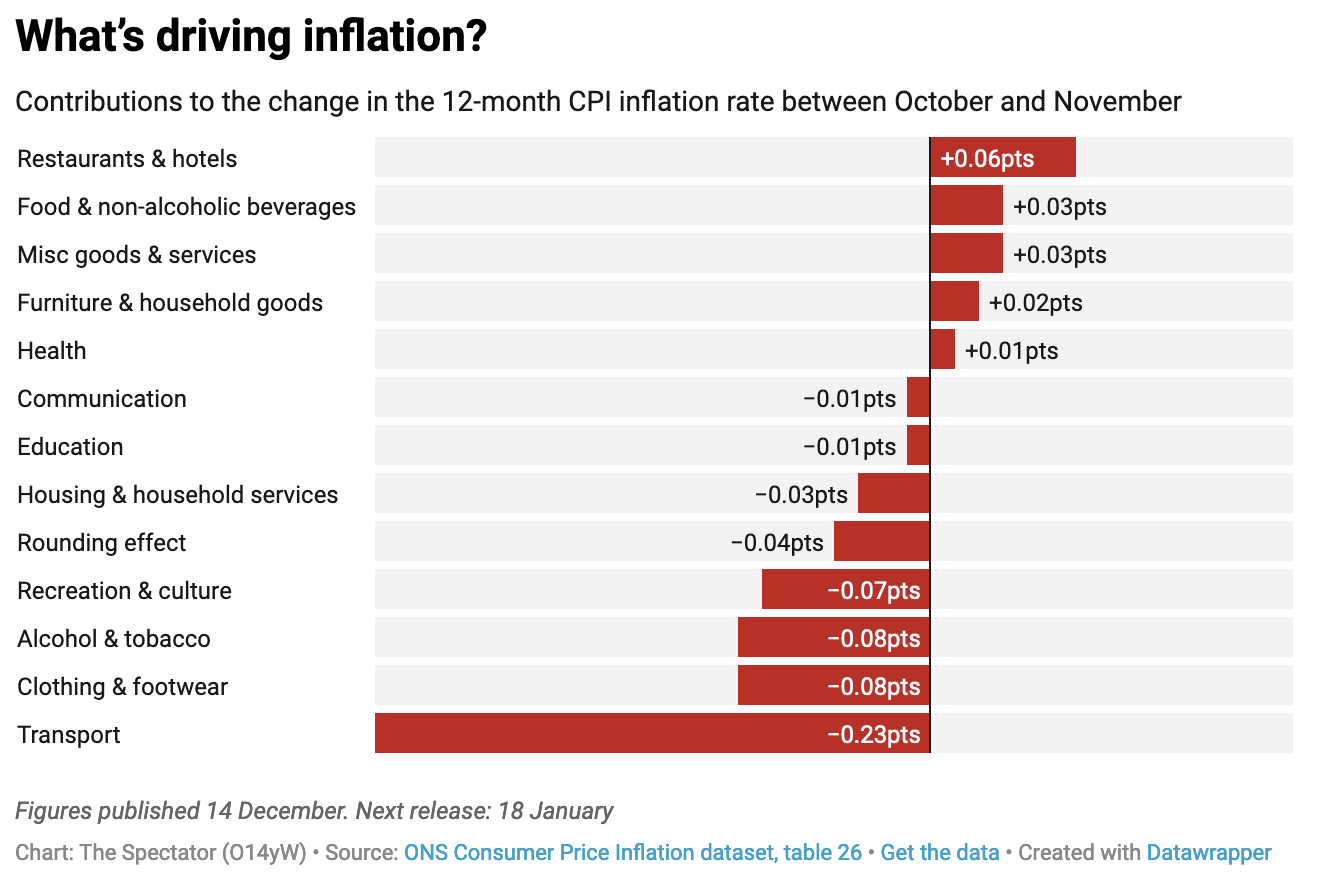
Markets had expected a slightly higher inflation figure today, with most forecasters plumping for 10.9 per cent. The lower figure, a loosening jobs market and unexpected GDP growth means the Bank of England’s Monetary Policy Committee might look at a lower rate rise when it meets today: possibly raising rates to 3.5 per cent compared to the 3.75 per cent some had feared.
The post Inflation slows to 10.7% – and may have passed its peak appeared first on The Spectator.
Got something to add? Join the discussion and comment below.
Get 10 issues for just $10
Subscribe to The Spectator Australia today for the next 10 magazine issues, plus full online access, for just $10.



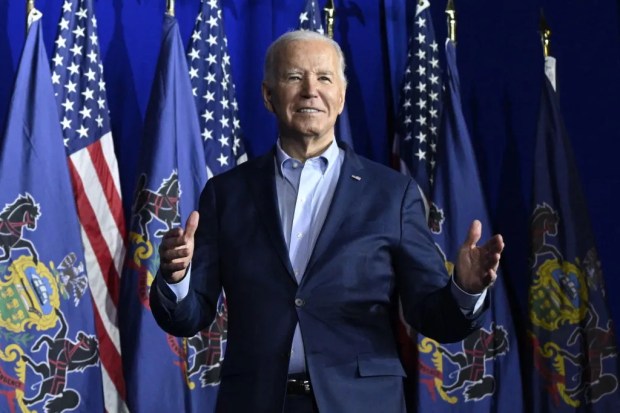


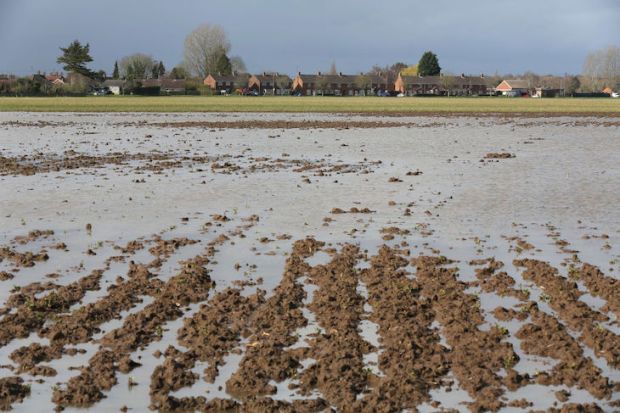
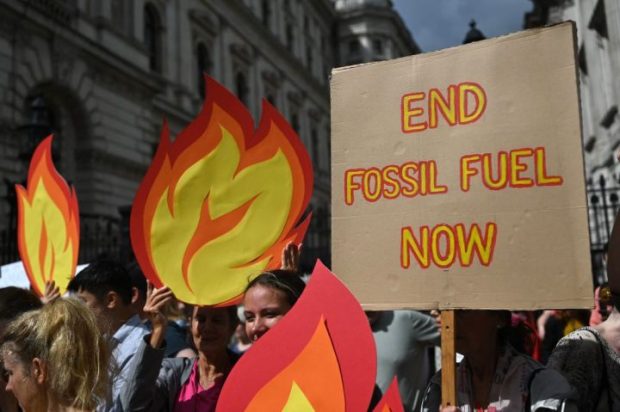












Comments
Don't miss out
Join the conversation with other Spectator Australia readers. Subscribe to leave a comment.
SUBSCRIBEAlready a subscriber? Log in